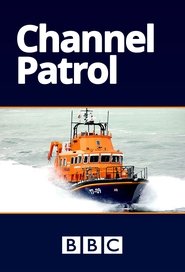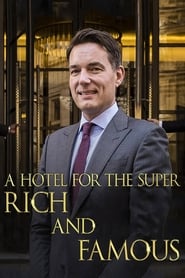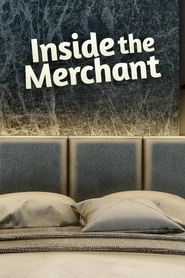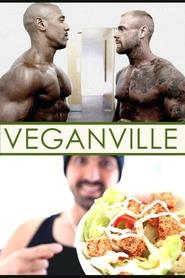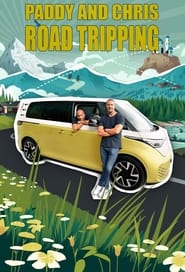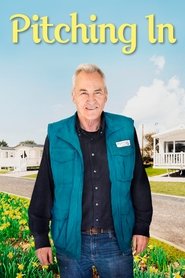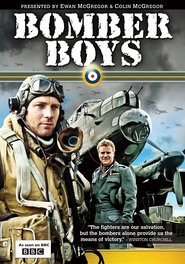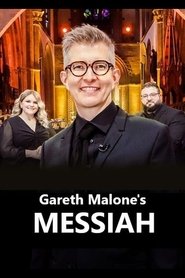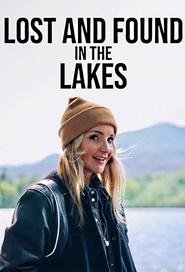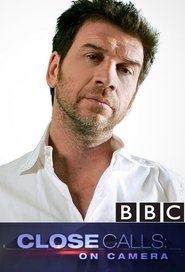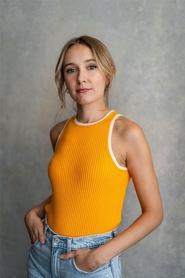Bbc One TV Series - Page 98
-
Channel Patrol
2014
Channel Patrol
2014
Documentary series following the lives of those that use the English Channel for pleasure, those that earn a living from it, and most importantly those who keep it safe. -
Buddy
0000
Buddy
0000
Buddy was a BBC schools drama, based on the novel of the same name by Nigel Hinton. It was shown as part of the social studies strand. It starred Wayne Goddard as Buddy Clark, a teenager dealing with various life problems, Roger Daltrey as his father Terry and pupils from the Cavendish School in Eastbourne. Daltrey reprised his role in the 1991 film Buddy's Song with Chesney Hawkes as Buddy. -
The Scheme
2010
star 9.5The Scheme is a BBC Scotland BAFTA-award winning documentary series which follows the lives of six families in the Onthank and Knockinlaw housing schemes. The series has been the subject of media criticism, with the series being labelled as "poverty porn" and described as giving a "misleading impression" of life on the estate. The programme makers have denied allegations that their series exploits the residents of the estate. -
A Hotel for the Super Rich & Famous
2018
Documentary series going behind the scenes at London's Corinthia hotel, looking at how it tries to stand out in a fiercely competitive market. -
Inside the Merchant
2016
Inside the Merchant
2016
Documentary series which goes behind the scenes of the five-star Merchant Hotel in the centre of Belfast -
Veganville
2020
star 8.5A group of dedicated vegans move to the town of Merthyr Tydfil in Wales to try to introduce as many of the local people as possible to their vegan way of life. -
Paddy and Chris: Road Tripping
2024
Growing old (dis)gracefully? Facing down 50, Paddy McGuinness and Chris Harris are on a quest to crack the code of aging well, seeking secrets from the Europeans who do it best. -
Half Man
0000
Half Man
0000
When Niall's estranged 'brother' Ruben shows up at his wedding, it leads to an explosion of violence that catapults us back through their lives. -
Shop Well for Less
2016
Shop Well for Less
2016
A mission to help families change the way they shop - without changing their lifestyle. A host of money-saving tips and tricks to put hard-earned cash back in people's pockets. -
Film 2013
1971
star 4.5The Film programme is a British film review television programme, broadcast weekly on BBC One, presented by Claudia Winkleman and Danny Leigh. The title of the show changes each year to incorporate the year of broadcast, with the current series being Film 2013, but when referring to successive series, the BBC calls it "the Film programme". The show was previously presented by Barry Norman between 1972 and 1998, and by Jonathan Ross from 1999 to 2010, before receiving a format revamp with the introduction of Claudia Winkleman as host from 2010. -
Contrasts
1967
-
Pitching In
2019
star 9A recent widower runs a business in a picturesque village with a tight- knit community in north Wales. -
Bomber Boys
2012
Bomber Boys
2012
Colin and Ewan McGregor explore Bomber Command, a rarely told story from World War II. The film focuses primarily on the men who fought and died in the skies above occupied Europe. -
Farm to Feast: Best Menu Wins
2021
Cookery competition celebrating amateur cooks and award-winning produce from across Northern Ireland. -
Gareth Malone's Messiah
2025
Gareth's got a new choral challenge, helping eight rookie singers discover the joy of Handel’s masterpiece. The stakes are high, the pressure is on, and a big performance awaits. -
SAS: Catching the Criminals
2024
Ex-SAS leader Billy Billingham takes viewers on an immersive journey that looks at how police and enforcement teams are increasingly using military and SAS tactics to catch criminals. -
Moonstrike
1963
Moonstrike
1963
Moonstrike is a British television series produced by the BBC in 1963. The series was an anthology programme: a collection of self-contained stories about acts of resistance in occupied Europe during the Second World War. Producer Gerard Glaister drew upon his own wartime experiences, having served as a pilot in the RAF. Most of the music for the series was provided by composer Dudley Simpson, and was some of his first work in the field of composing 'incidental music'. -
Lost and Found in the Lakes
2025
star 2Helen Skelton leads a team of experts in search of precious items lost by members of the public in the Lake District. -
Close Calls: On Camera
2014
star 8Series presented by Nick Knowles which shows the split-second moments when everyday events are transformed into disasters and meets the people who lived to tell the tale. -
Rose Ayling-Ellis: Old Hands, New Tricks
2025
As Rose sets out to prove, it’s never too late to learn. Her ambitious plan to transform the lives of a group of old-timers is full of laughter and tears.
